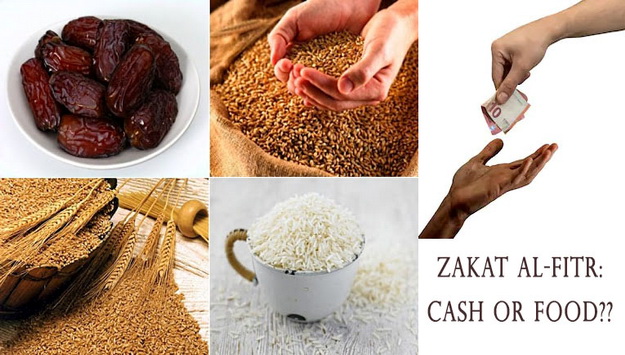A couple of days are left till the blessed month of Ramadan begins. Ramadan is the ninth month of the Islamic calendar. It is the month during which the Holy Quran was revealed to Prophet Muhammad (pbuh). Muslims spend Ramadan fasting, offering voluntary prayers apart from the mandatory 5 times prayer each day, giving charity (Zakat) and reciting the Holy Quran. It is a month of self discipline and a time for refinement of the soul to enable us to be better human beings. It is important to go over the importance and blessings of this month. I hope this piece does motivate the Muslims to give maximum time to worship and abstinence while to the non-Muslims it serves as a quick guide regarding the holy month of Ramadan.
“Ramadan is the (month) in which was sent down the Quran, as a guide to mankind, also clear (Signs) for guidance and judgment (between right and wrong). So every one of you who is present (at his home) during that month should spend it in fasting, but if any one is ill, or on a journey, the prescribed period (should be made up) by days later. Allah intends every facility for you; He does not want to put to difficulties. (He wants you) to complete the prescribed period, and to glorify Him in that He has guided you; and perchance ye shall be grateful.” [Holy Quran, Surah Al Baqarah 2:185]
As Muslims it is compulsory for us to submit to Allah (SWT), the Lord and Creator of the heaven and earth. In Ramadan we only follow His command and fast all day till sunset keeping away from food, water and other temptations that a man might be exposed to. Fasting in the month of Ramadan is one of the 5 pillars of Islam and it is fardh i.e. compulsory for all Muslims to observe fast:
Narated by Ibn Umar: Allah’s Apostle said: Islam is based on (the following) five (principles):
1. To testify that none has the right to be worshipped but Allah and Muhammad is Allah’s Apostle.
2. To offer the (compulsory congregational) prayers dutifully and perfectly.
3. To pay Zakat. (i.e. obligatory charity)
4. To perform Hajj. (i.e. Pilgrimage to Makkah)
5. To observe fast during the month of Ramadan.– [Sahih Bukhari, Vol.1, Book 2, #007]
Fasts were also observed by the other prophets of Allah (SWT) like David (AS) who would fast on alternate days (Sahih Bukhari). We are informed in the Quran that fasting was also prescribed for those before us:
“O ye who believe! Fasting is prescribed to you as it was prescribed to those before you, that ye may (learn) self-restraint,-“ [Holy Quran, Surah Al Baqarah 2:183]
Fasting serves as a shield and prevent us from indulging into activities with which Allah (SWT) is not pleased. We are to refrain from any fights or verbal abuse:
Narated By Abu Huraira: The Prophet said, “Whoever does not give up forged speech and evil actions, Allah is not in need of his leaving his food and drink (i.e. Allah will not accept his fasting.)” [Sahih Bukhari, Vol.3, Book 31, #127]
This month brings us a chance to be forgiven for all the sins that we have committed, hence Muslims should completely devote their time to fast, worship Allah and ask for forgiveness. If a man fasts in the month of Ramadan, all his sins would be forgiven although fasting does not mean that one only starves himself till sunset while sitting in an air-conditioned room all day long thinking that all his sins will be forgiven. A Muslim’s day in Ramadan is no different than any other day where he continues to work and interact with people whether it is a hot scorching day in summer or a cold chilly day of the winters. Moreover it is of vital importance that a Muslim does not pray or fast to show off. Such an intention would render his actions fruitless.
Narated By Abu Huraira: The Prophet said, “Whoever established prayers on the night of Qadr out of sincere faith and hoping for a reward from Allah, then all his previous sins will be forgiven; and whoever fasts in the month of Ramadan out of sincere faith, and hoping for a reward from Allah, then all his previous sins will be forgiven.” [Sahih Bukhari, Vol.3, Book 31, #125]
Ramadan enables us to learn how to abstain from the wrongdoings. Moreover we also get to undergo the experience of hunger and thus sympathy develops for the poor. As a result it increases our capacity to help the needy. With countless blessings in the month of Ramadan, we should try our best to spend time worshipping Allah (SWT) and asking for forgiveness. This month comes once a year so let’s not be lazy with Salaat or Fast.
 navedz.com a muslim's Quest for the truth
navedz.com a muslim's Quest for the truth







thank u very much
??????? ????? ??????? | ???? ????? | ????? ??